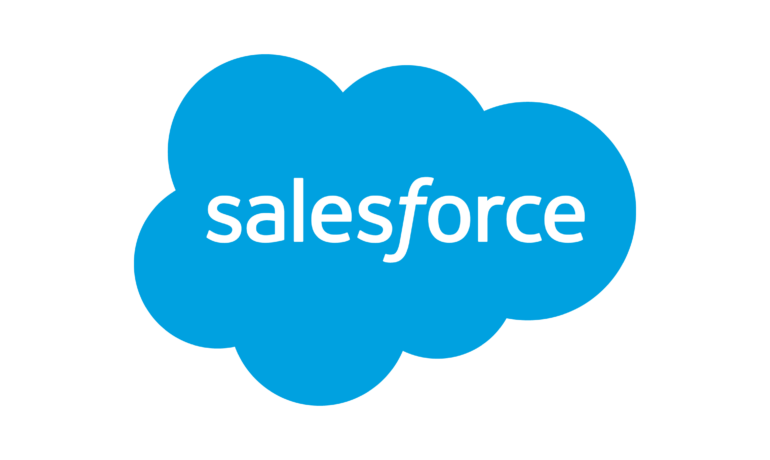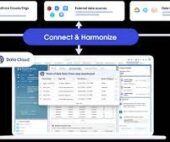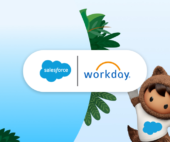Expand the Salesforce CPQ Toolbox
Dealing with highly configurable products poses challenges in the sales process for both buyers and sellers, particularly evident in industries like medical devices or manufacturing equipment. Custom products lack visualization, adjustable pricing complicates financial reporting, and complex billing requirements may discourage customers. Now is the time to Expand the Salesforce CPQ Toolbox. Even with exceptional







